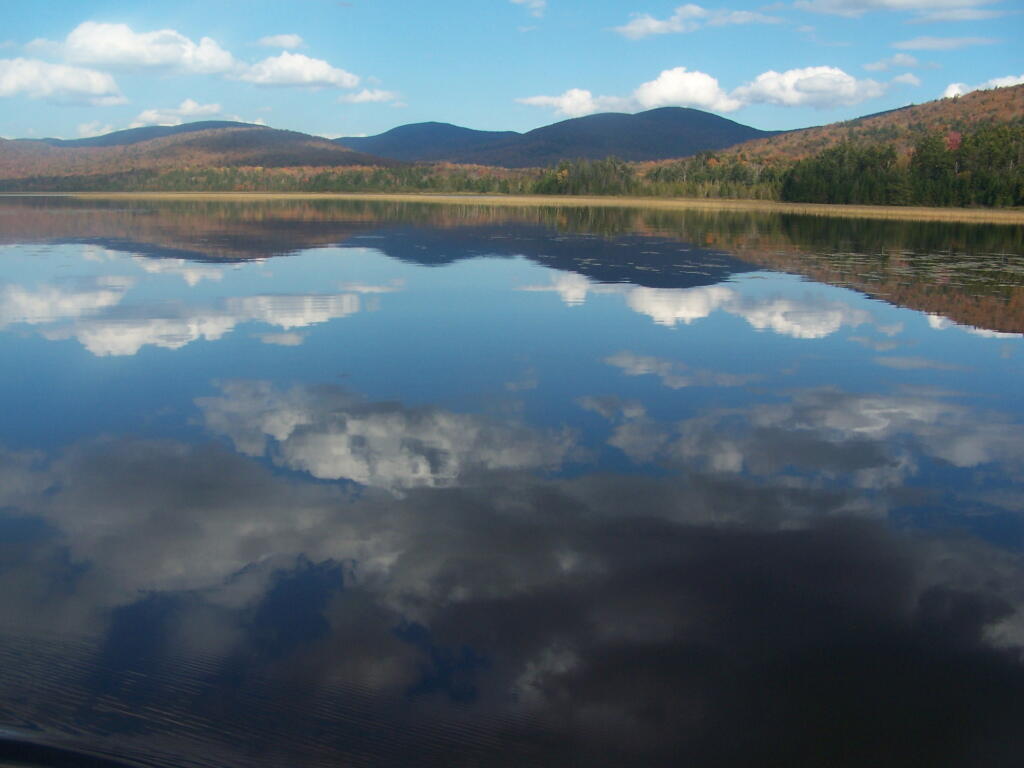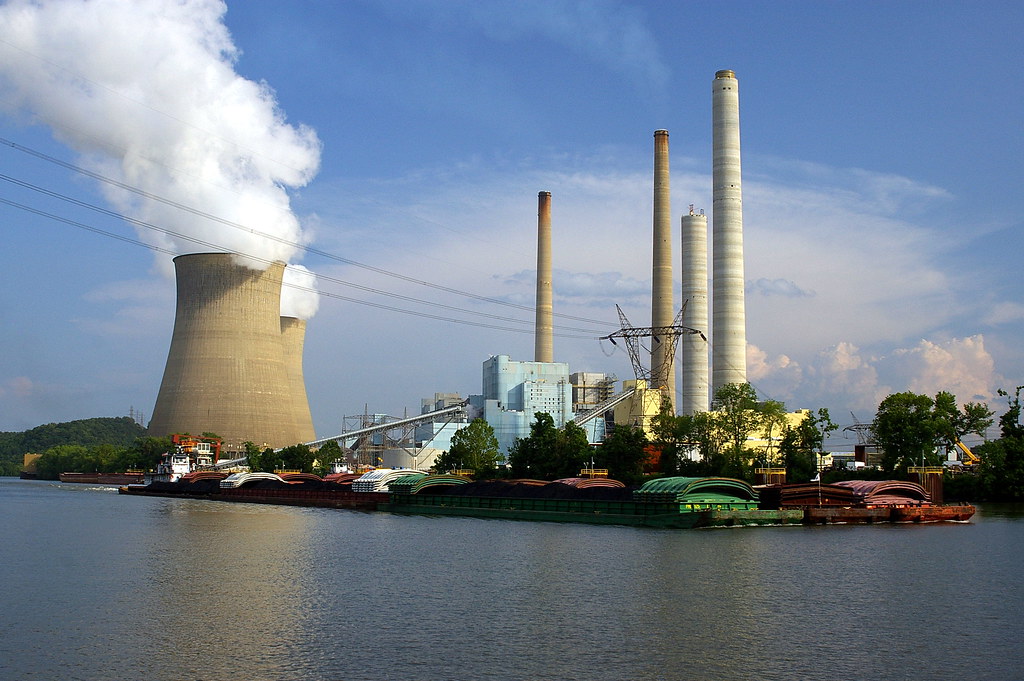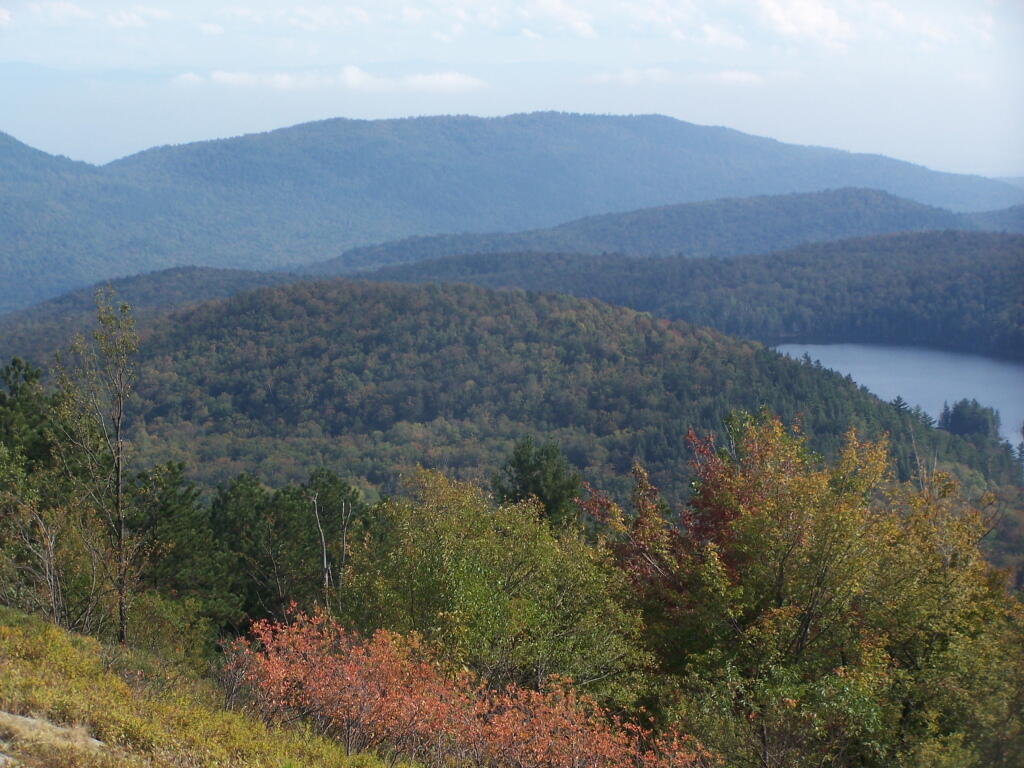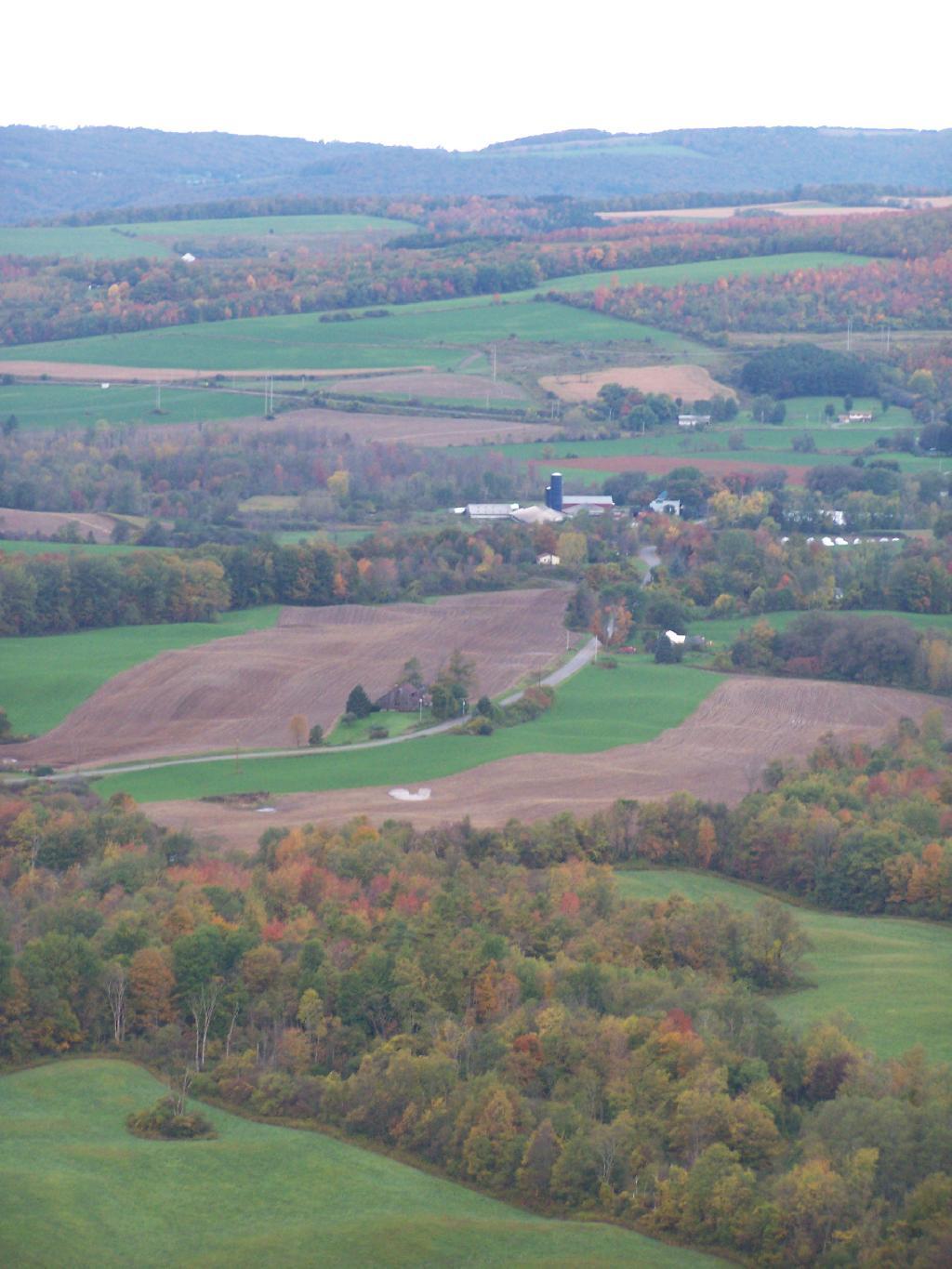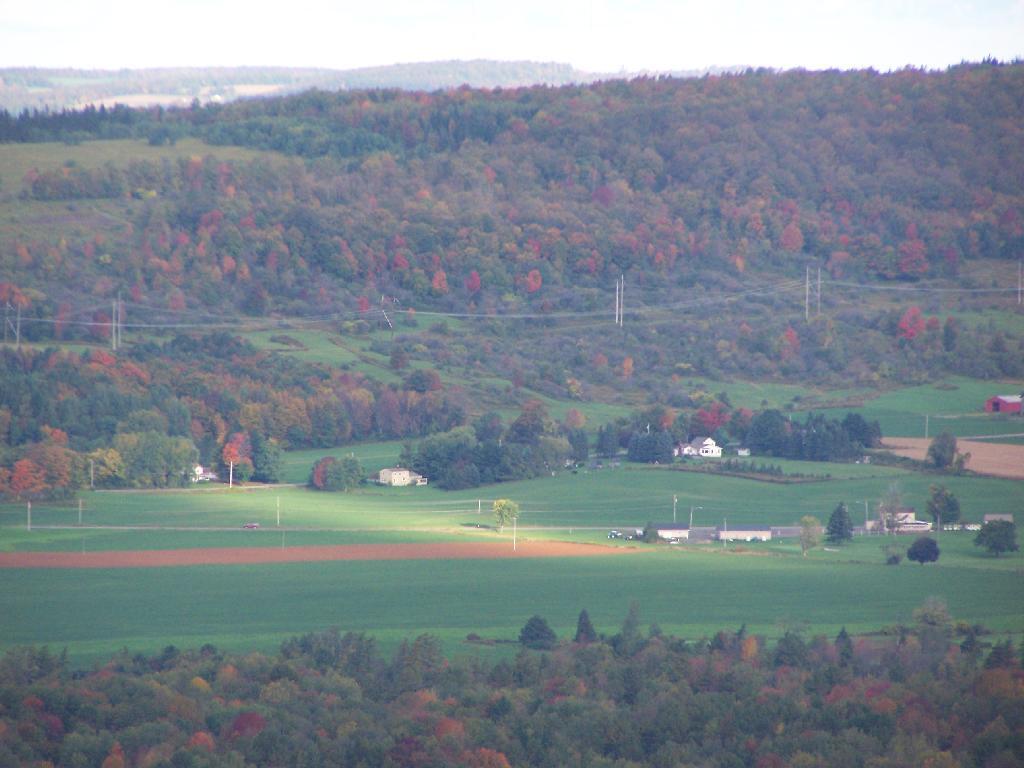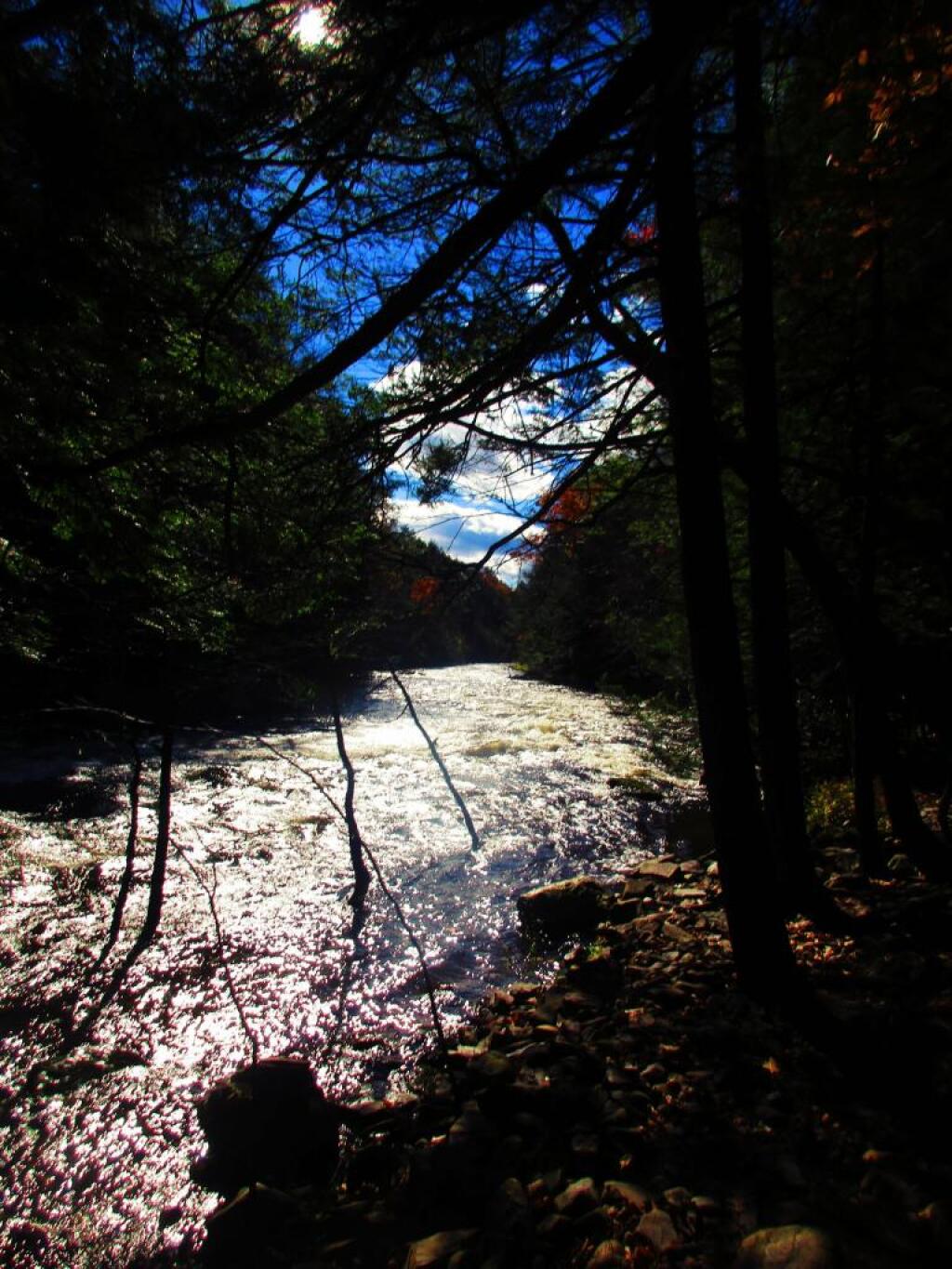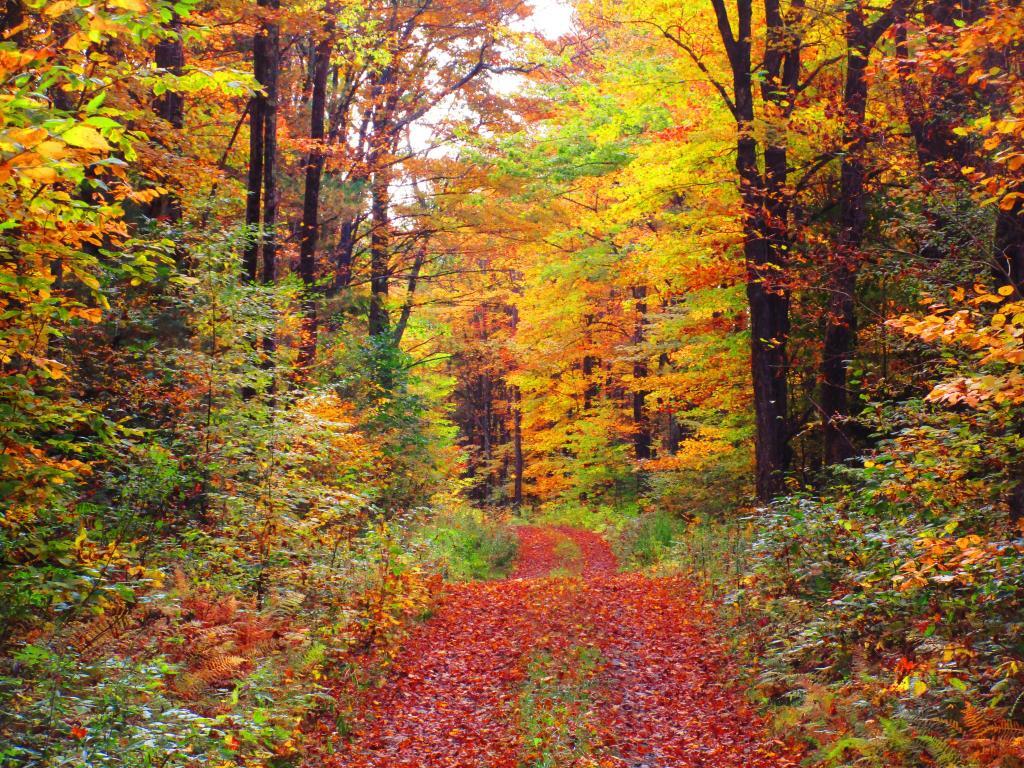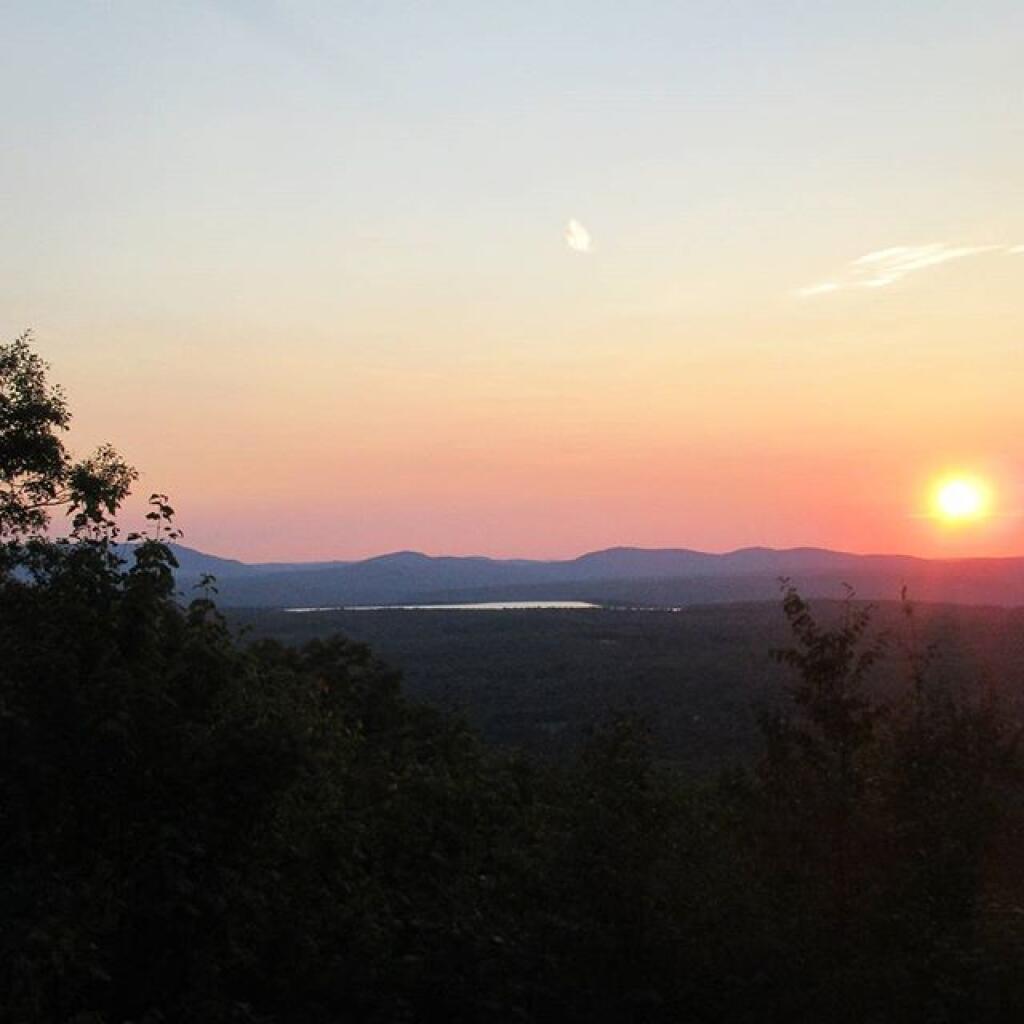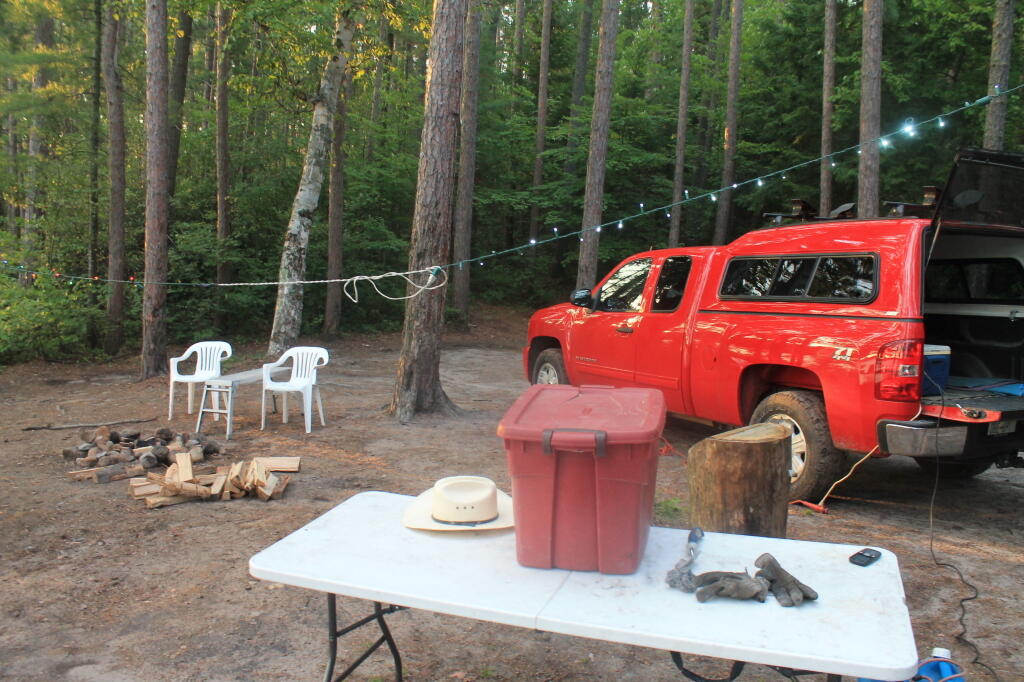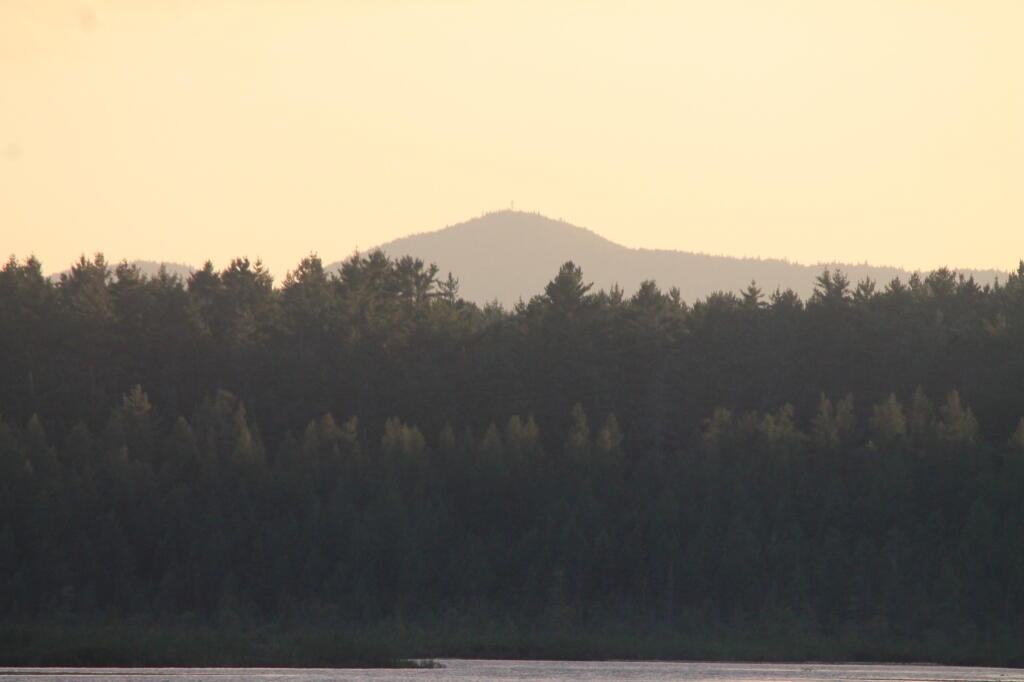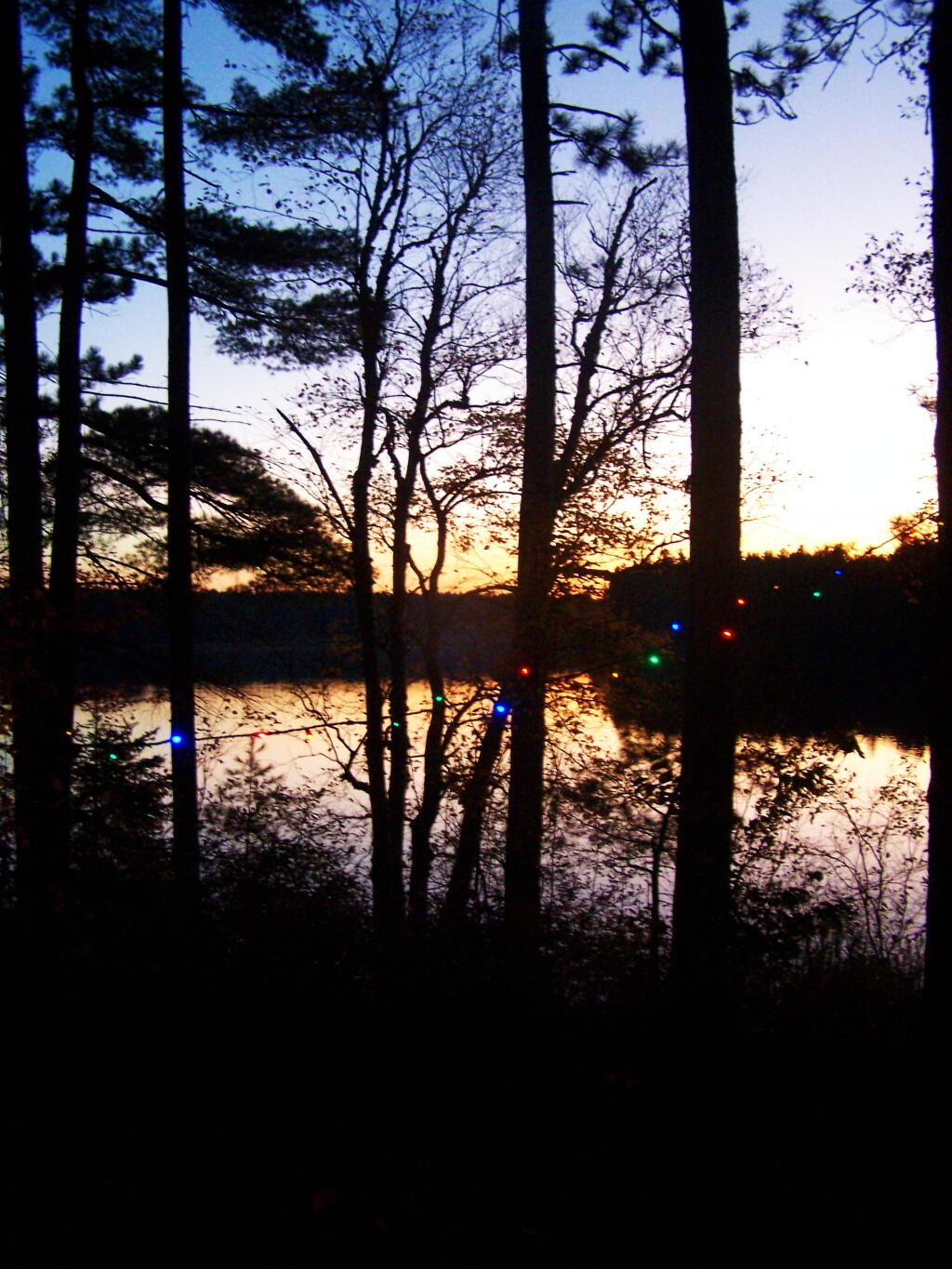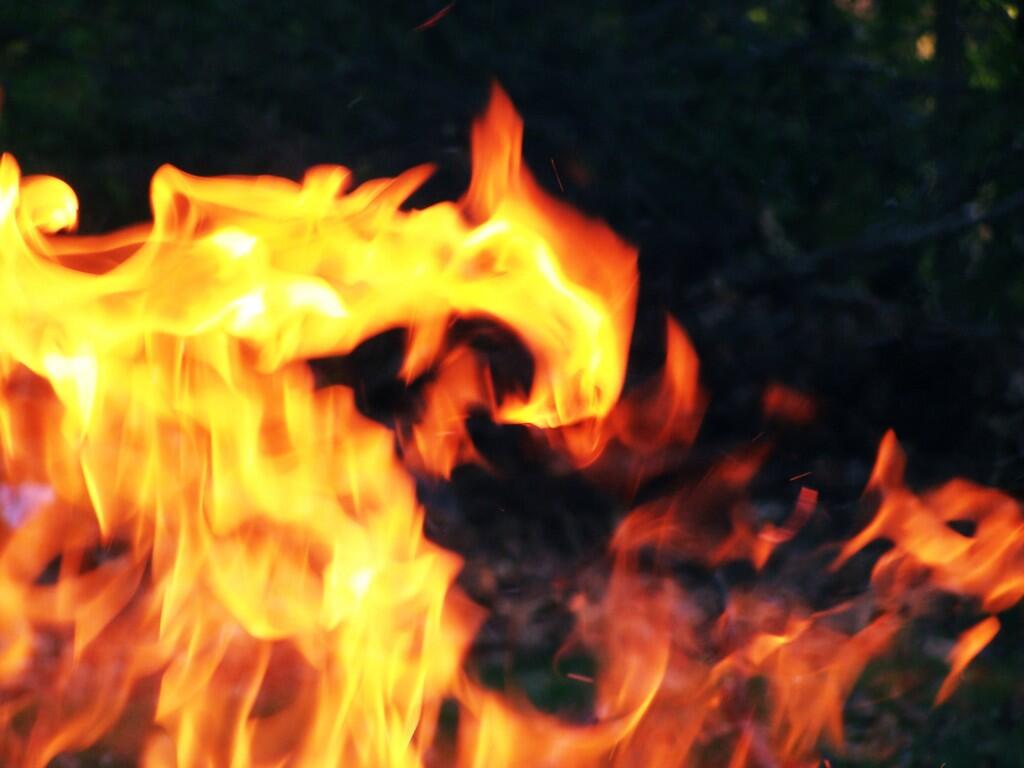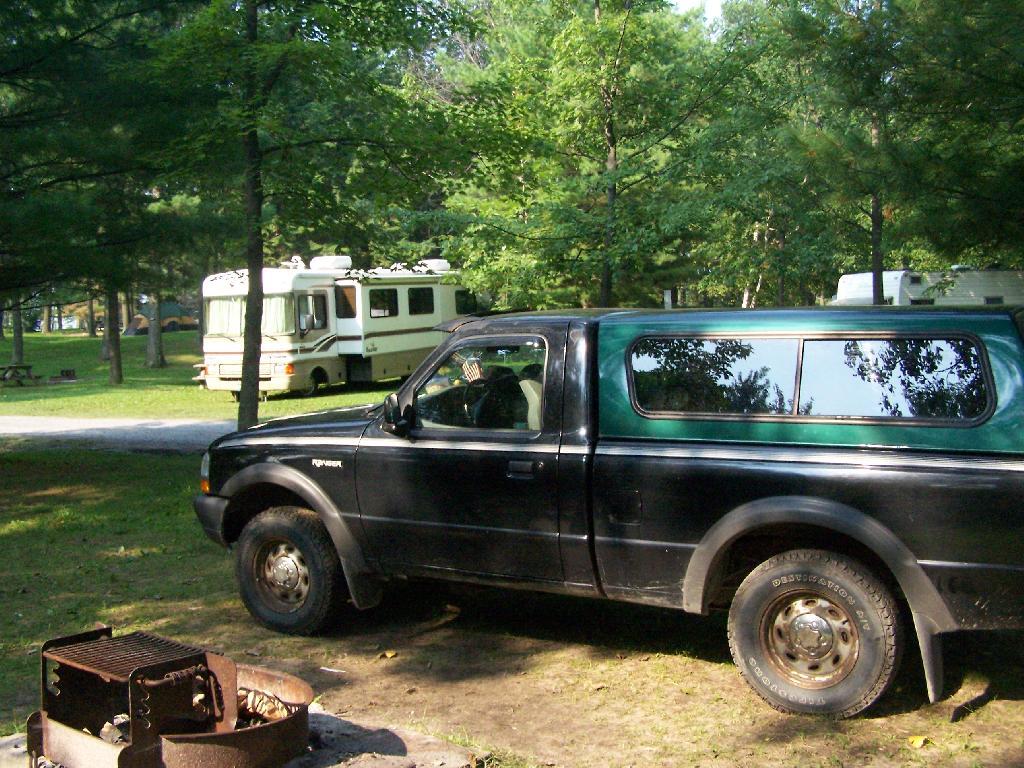The other day I was scrubbing down my kitchen for mildew. My apartment and my kitchen has perputual mildew problems, requiring a heavy bleach treatment from time to time. Due to bleach and mildew, the refigerator and stove are starting to rust. The kitchen is always damp due apartment having faulty design, and probably because my neighbor keeps her unit well air conditioned in the summer and well heated in the winter.
So is life. My apartment is pretty awful, but it is relatively cheap, it’s on the bus line, within walking distance to the library and the town park. There is a bike trail/segegrated sidewalk around the Bethlehem High School, which makes for safe walking at night, which I almost do every night. I’ve never bothered to get home internet here, or spend much time at home, because this rather miserable awful apartment, really isn’t as much a home, as much a place to “stay” in the city.
I tell myself, as awful as it may seem at times especially compared to some of places my friends and colleagues live in, it’s okay. The money I’ve saved on this dumpy old apartment was enough to buy a very nice pickup truck, and keep the tank full enough, and cooler full of cold beer for almost every weekend trips to Adirondacks or somewheres else up in woods. In many ways, I consider the woods to be my home.
I like camping out a lot. While it may not like being have roots in a place one can really call home, it’s good enough for now. Up at camp, I can have campfires, play with fire, burn camp trash, drink beer, see some beautiful landscapes, and have a good time. I can be in the country around country-folk (most of people who go to woods), even if I continue to keep my place in Delmar as my mail address, and place I crash at night after work.
At some point I will find a real place to call home, outside of the stupidity known as New York State. A career I actually find respectable. A real place in cou ntry, not a place I go to hide out in woods during the weekends, as an escape from my urban place. A place where I can have animals, maybe do a little hobby farming, heat with wood, and have fires to burn my trash. Maybe have a four-wheeler and play in the dirt out back. A place without stupid restrictions on gun control, or where all the public lands are tied up by red tape and stupid policies persued as part of environmentalist agenda.
Some times, living in New York State, in the suburbs, working for the government makes me kind of bitter. I know there are so many better options, but I sure like that secure job, and the public lands in NY State aren’t half bad. Certainly, the Adirondack Park, despite all it’s limitations and restrictions has not totally yet been destroyed by the activist-types, trying to keep man away from his woods.
